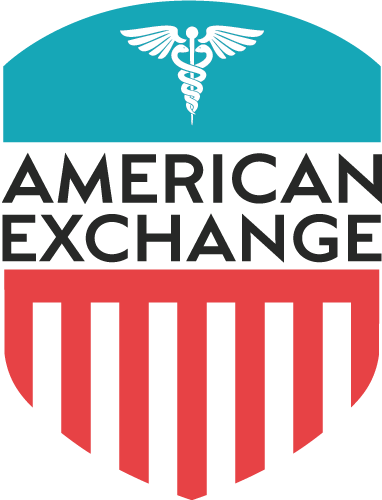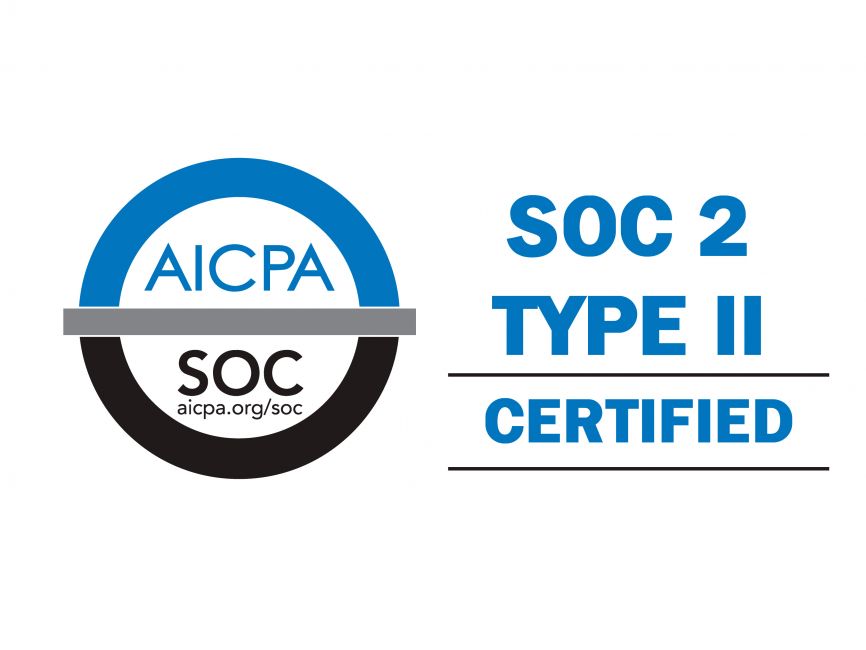
A Health Savings Account (HSA) is a type of savings account that allows millions of people to save to pay for medical expenses. This type of savings account offers consumers the opportunity to make pre-tax contributions; also, withdrawals are not taxed if the funds pay for qualified medical expenses. Marco Rubio and other Republican candidates are talking about expanding HSAs as part of their health care reforms. Now that you know what a HSA is, here are the advantages of opening a Health Savings Account.
1. You Have a High Deductible Health Plan
This is actually the major rule in qualifying for an HSA. High Deductible Health Plans are more and more common in the United States, for these health plans feature lower monthly premiums. Many people purchase HDHPs because they normally do not make medical claims, and by spending money solely on monthly premiums, these people spend the bare minimum on health insurance for the policy year. They would rather save money through paying lower monthly premiums, but they risk having to pay a high deductible in the event of a medical emergency. CNN reports that a high deductible is at least $1,300 for an individual or $2,600 for a family.
One cannot use the funds in a HSA unless he or she subscribes to a HDHP. Preventative services are always covered under HDHPs; however, surgeries and other extreme medical procedures are not preventative services. This means that a person will have to pay at least $1,300 or more out of pocket to enjoy the costly, non-preventative benefits covered under health plans. A HSA is a good way to build funds over time to pay a high deductible in the event of a costly, unplanned medical emergency.

- 2. Would You Like to Pay Less in Taxes?
It is ok to say “yes.” If you are already contributing to an employer-sponsored HSA, then you are already paying less in taxes. Employers contribute money into a HSA for you before they deduct taxes from your paycheck.
Say you make $500 a week, and you want to make a weekly contribution of $30 to your HSA. Your employer would first deduct $30 from your paycheck and place the funds in a 0HSA. This amount will not be taxed; rather, the remaining $470 from your paycheck will be taxed.
3. HSAs Fund Medical Expenses
Budgeting is always smart. Even if one budgets wisely, most people do not foresee catastrophic accidents (it’s called Murphy’s Law). For example, no one plans for automobile accidents—they just happen. The hospital care associated with a serious automobile accident is costly, and since you have a high deductible health plan, you will not have access to your health plan’s hospital benefits before paying the deductible. One’s pre-tax contributions over time could cover a high deductible. Blue Cross Blue Shield of Tennessee’s HDHPs offer 50 percent coinsurance after one pays the deductible, and the plans generally feature a deductible of $4,000-$5,000. By saving enough in a HSA to cover a high deductible—such as the deductible in BCBS of Tennessee’s High Deductible Health Plans—one saves 50 percent or more in the event of a catastrophic accident.
4. HSAs Aren’t Hard to Find

Large Banks and large health insurance companies offer HSAs as well. Bank of America, Wells Fargo and JP Morgan Chase are all on bankrate.com’slist of America’s top 10 biggest banks. All of the aforementioned banks offer HSAs. United Healthcare, Anthem and Aetna are the largest health insurers in the United States according to Forbes. All of these insurers offer HSAs under their brand or through a subsidiary. Other recognizable investment banking houses such as Merrill Lynch and Raymond James offer HSAs.
5. All Funds Roll Over
You might have heard of a FSA or Flexible Spending Account. This type of account is similar to a HSA, but the big difference is that if one does not spend the money in a FSA, then those funds disappear from year to year. If you hold a HSA, then you do not have to worry about the funds in the account disappearing in the same time period. Funds in these accounts only diminish if they are spent on qualified health expenses. Other than that, funds accumulate from year to year.
 6. No Penalty for Withdrawals
6. No Penalty for Withdrawals
Every time a person withdraws money from an IRA, those withdrawals are subject to a 10 percent penalty. This is a hefty penalty designed to encourage account holders to keep money in these accounts. Since investments in these accounts have the potential to yield higher gains, the government feels that they have authority to tax these gains at a higher rate.
One is allowed to invest the money in a Health Savings Account. Like an IRAs, there are opportunities to gain, and there are opportunities to lose money if one chooses to invest. The big difference between IRAs and HSAs is that withdrawals from HSAs are not subject to the same taxation when one makes a withdrawal to pay for qualified medical expenses.
7. There is an Opportunity to Invest
Investing is risky. It’s totally ok if you don’t want to lose money. But if you are willing to risk investing the funds in your HSA into higher yield securities—such as Mutual Funds or Stocks—then you stand the chance of making more money to pay for medical expenses.
I would like to remind you that a typical High Deductible Health Plan in Tennessee generally has a deductible of around $5,000. If a person contributes $30 per week to a HSA, then he will contribute $1560 per year. If this person was in his first year of contributing to a HSA, then he would still be $3440 shy of his deductible for the plan year. Many banks feature low interest rates. For example, a HSA for Tennessee Valley Federal Credit Union features an Annual Percentage Yield of 0.20%. Do not expect to make up the difference between the contribution amount and the deductible amount with this interest rate for the previous example. You have much more potential to gain by investing.
 8. Most Companies Offer Debit Cards
8. Most Companies Offer Debit Cards
Accessing the funds in a HSA to pay for medical expenses is easy. Bank of America, Wells Fargo, Tennessee Valley Federal Credit Union, and Humana all offer debit cards to pay for qualified medical expenses.
9. HSAs Hold People Accountable
Every action brings forth a fresh set of consequences. If you break a window with your fist, then you will probably have a gnarly cut on your hand. If you choose not to break a window with your fist, then you won’t have the gnarly cut. While HSAs are a bit more intangible, the consequences are still black and white like in the example above.
A HSA is a savings account for health expenses. If you have a High Deductible Health Plan, then you satisfy the first rule. Before you swipe your debit card, ask yourself if your intended purchase is a qualified health expense. Here’s what we mean:
Are you using your HSA to pay for…
- Doctor Visits?
- Dentist Visits/Dental Procedures?
- Hospital Visits?
- Prescriptions?
If you said yes to any number of these, then you are paying for qualified health expenses. For more information, consult this exhaustive list.
You may pay for something else other than a qualified medical expense. The consequence of this action is that one will have to pay income taxes on every withdrawal plus a 20% penalty. Use your HSA only for medical expenses. If you don’t, the IRS will hold you accountable, and you will pay hefty fines.
Philip Strang is a Certified Agent/Broker with American Exchange. Contact him by telephone at 1-888-995-1674 or by email at p.strang@americanexchange.com.

